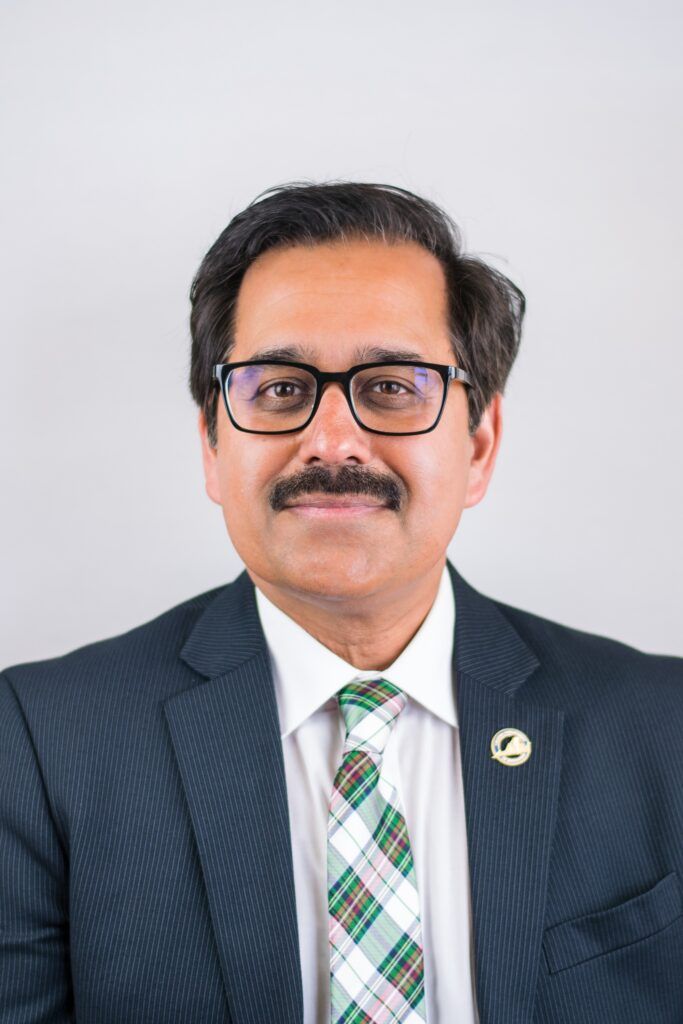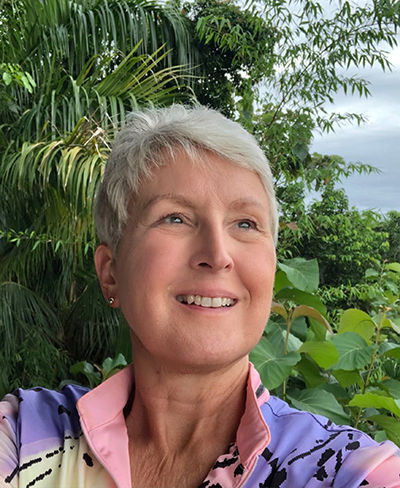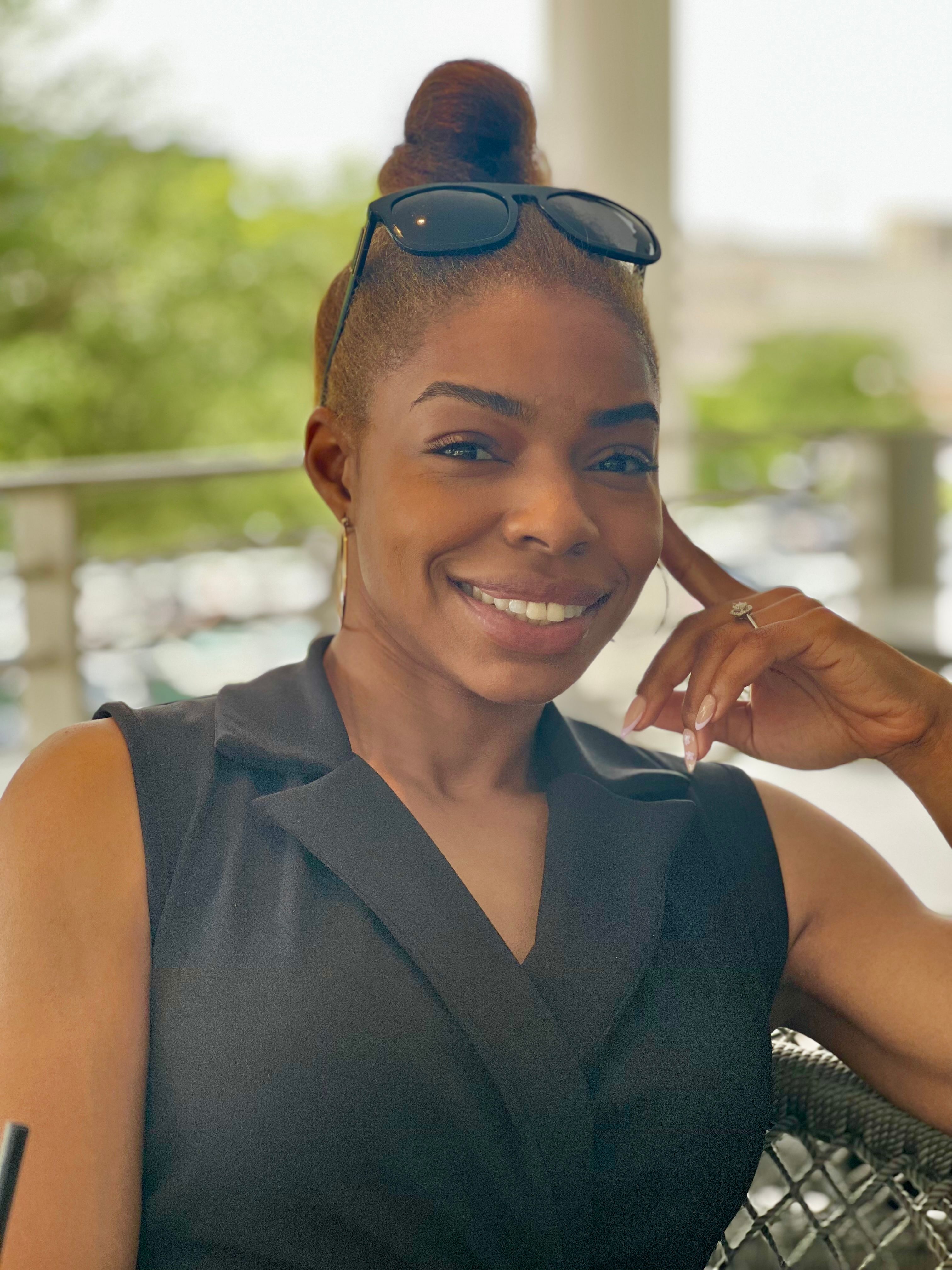Do you know about the Audiology and Speech-Language Pathology Interstate Compact (ASLP-IC)? Find out if the state you are licensed in will be participating and what that might means to you:
https://docs.google.com/document/d/1KVt-E71uAs_kYlY7j-hBFeqnY6fQ0nmEcO4Fplri2U0/edit?usp=sharing
For those preparing for the SLP Praxis® Exam, here's a Statistics Refresher from ASHA that can help you study Research: https://www.asha.org/research/ebp/statistics-refresher/
I just want all who are working in schools to take advantage of this super back-too-school sale. ONLY $5 and you get 2,000+++ activities + articulation and language storybooks + coloring books, coloring pages and more at https://www.slpstorytellers.com/register-2/
Tips for Speech Pathologists and Behavior Analysts to Best Support Self-Advocacy
Did you know that caregiver education is essential to a child’s carryover/generalization of skills within the home, school, and community?
Creating understanding, responsive, respectful, and collaborative rapport with caregivers can yield to an environment where caregivers feel safe and encouraged to learn.
Clink the link below to gain insights on how a speech-language pathologist can integrate such an approach when providing caregiver training for augmentative and alternative communication and/or multimodal communication use (which involves all forms of communication use). 💞🤩✨💖
Did you know that delayed echolalia is the first stage of gestalt language development?! It’s a building block not something that should be extinguished❣️
If you are looking for an introduction to gestalt language development checkout this free masterclass designed for parents and professionals❣️
This free class also discusses how child-led therapy can help support children’s overall language development❣️🤩
https://www.meaningfulspeech.com/offers/YpBHFc24/checkout
For a deep dive into the well-verified, decades long, qualitative research that details the differences between gestalt language processing and analytic language processing (the mainstream development of language through single word use) look no further than this amazing site which will grant you access to more educational resources 🤩:
An ACE score is a tally of different types of abuse, neglect, and other hallmarks of a rough childhood. According to the Adverse Childhood Experiences study, the rougher your childhood, the higher your score is likely to be and the higher your risk for later health problems. You can take the test below:
Take the quiz for yourself and learn what is does and does not mean:
https://www.npr.org/sections/health-shots/2015/03/02/387007941/take-the-ace-quiz-and-learn-what-it-does-and-doesnt-mean

We can better support children’s needs by adopting and actively practicing trauma informed care.
Trauma-informed care recognizes and responds to the signs, symptoms, and risks of trauma to better support the health needs of patients who have experienced negative consequences from dangerous situations. It's a commitment to avoid repeating traumatic experiences and to help people regain a sense of safety, power, and self-worth despite the toxic stress they have been exposed to.
Read more here:
https://www.healthcaretoolbox.org/d-e-f-framework-trauma-informed-care

“Healthy development in the early years provides the building blocks for educational achievement, economic productivity, responsible citizenship, lifelong health, strong communities, and successful parenting of the next generation.”
“This three-part video series from the Center and the National Scientific Council on the Developing Child depicts how advances in neuroscience, molecular biology, and genomics now give us a much better understanding of how early experiences are built into our bodies and brains” -Center on the Developing Child at Harvard University
Learn more here:
https://developingchild.harvard.edu/resources/three-core-concepts-in-early-development/
Did you know that exposure to trauma can have lifelong lasting impacts and even result in increased physical health risks as well shortened lifespan?
Former Surgeon General of California & Pediatrician, Nadine Burke Harris, expounds on the neurological impacts of trauma across the lifespan in the TEDTalk entitled “How childhood trauma affects health across a lifetime” 💔📈📊🧠
“High doses of adversity not only affect brain structure and function, they affect the developing immune system, developing hormonal systems, and even the way our DNA is read and transcribed.” -Nadine Burke Harris
Watch TED Talk in full here:
https://youtu.be/95ovIJ3dsNk?si=ETLaH0e73Lhbika8



